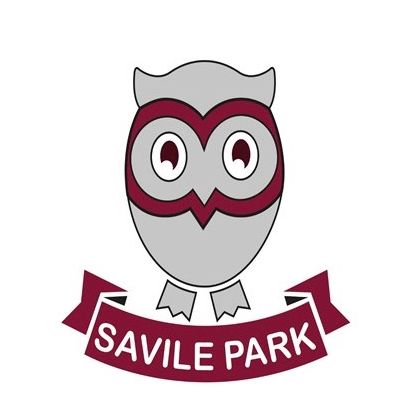Modern Foreign Languages
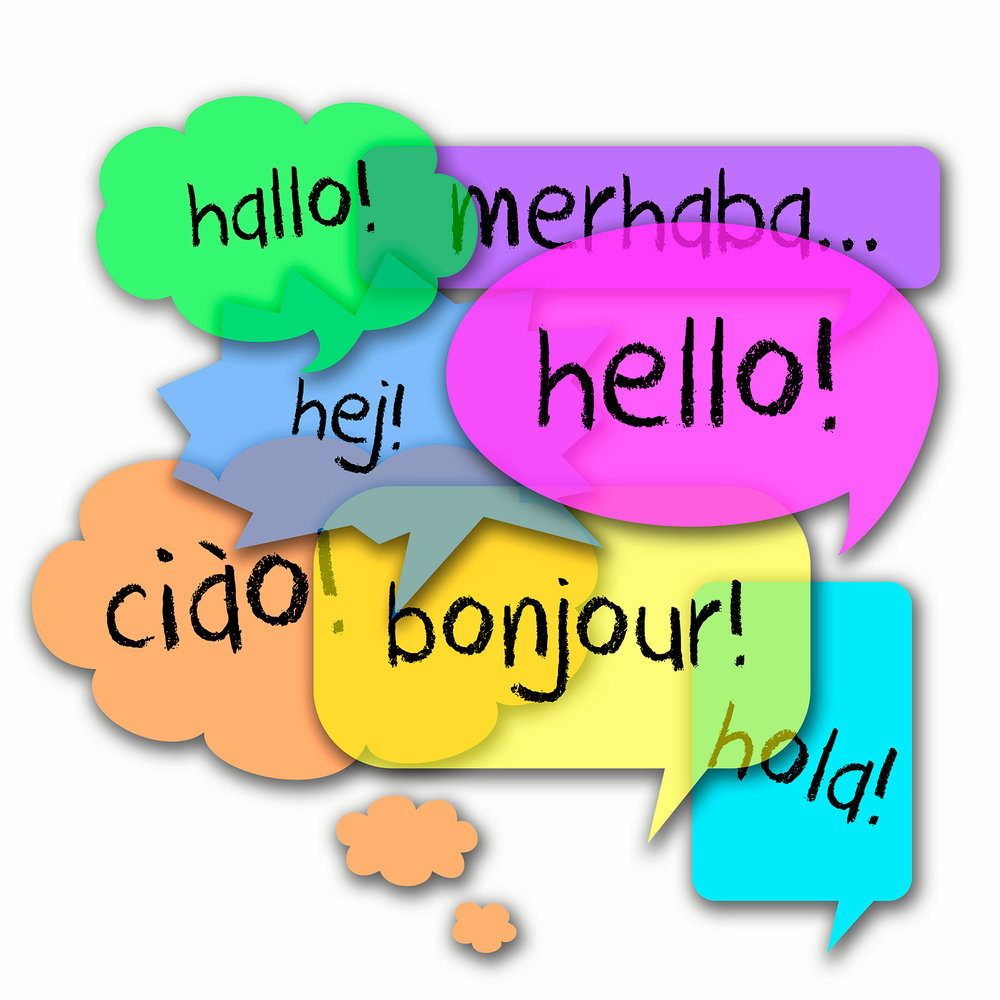
Children really enjoy learning a new language at primary school. Most language-learning techniques are great fun, and children get a real sense of achievement from mastering and using new key phrases!
The 2014 Primary National Curriculum once again made learning a foreign language compulsory at Key Stage 2 (Years 3 to 6). At Savile Park the language we learn is French; it is much more about language learning skills than the particular language on offer.
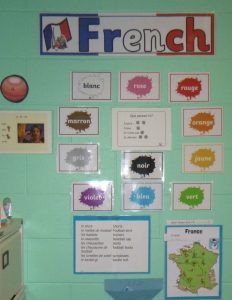
By studying a foreign language, children are given the opportunity not only to learn about other cultures but, more importantly, to communicate with others too. It is also a thoroughly enjoyable subject to learn, with less emphasis on the written word and more on practical tasks, such as drama, story-telling, role-play, speaking and listening.
Key Stage Two
All children in Key Stage 2 are expected to be given opportunities to learn how to:
- Communicate orally
- Share their ideas and feelings using speech
- Listen to, read and respond to stories in French
- Express some ideas in writing
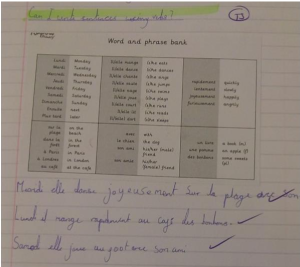
The curriculum no longer sets out topics or units of work to cover; instead it outlines what children should be taught under more general headings.
Some of these include:
- Listening to a language and joining in to learn everyday words and phrases
- Learning how to have conversations in another language to share ideas and opinions as well as being able to ask and answer questions
- Reading texts and stories in another language, carrying out basic comprehension tasks
- Learning songs, poems, rhymes and stories in another language to help with vocabulary but also with cultural understanding
- Writing some words and phrases from memory as well as describing people and places with basic sentences
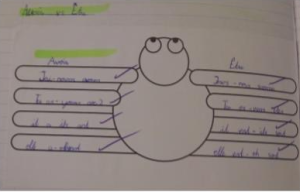
The range of everyday and routine topics such as numbers, colours, greetings, family, animals, school, travel, or other similar subjects that seem appropriate. Year 3 can often be the first time a child will learn a foreign language and in this year group they might just use speech and limited written tasks to learn the basics. As they move up from Year 3 children will see much more of the written language and build on their early skills, allowing them to speak, write and listen with much more skill.
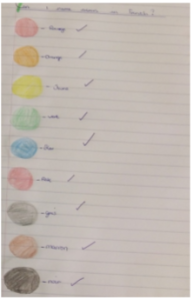
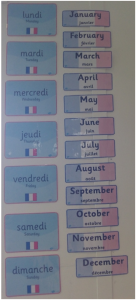
How can I support my child with languages?
The foreign language learning your child experiences at school should be more than enough to set them on their way. However, you might like to support their learning at home by trying some of the following:
1. Take an interest, and learn with your child
Learn alongside them: find out the language they are learning and get them to teach you some key words and phrases. They might like to make a simple poster illustrating key words and phrases, or use sticky notes to label everyday objects in a foreign language. Another good idea is to create a ‘new words’ dictionary for them to record all the new things that they have been learning. You may want to invest in a bilingual dictionary for them to look up further words – there are a great many ‘child-friendly’ versions of these available.
2. Make it multimedia
Why not find books, films or songs in the language they’re learning? These can be a wonderful way to learn a language without even realising it. Early-readers or lift-the-flap books are brilliant for learning a new language. The Internet is perfect for bringing some cultural learning into your home, allowing as it does access to videos, radio/audio and images from all around the globe. It has never been easier to expand your child’s horizons. There are also many games accessible on line (many of which are free) to help engage your child at home as well as websites (listed below) that include games, eBooks and links to other foreign language sites too.
3. Take a trip
If you are lucky enough, perhaps you might like to plan a family holiday to a country where the language is spoken. This is not always possible for many families, but any way for your child to meet native speakers can be a wonderful experience. Alternatively, there’s always the good old-fashioned pen-friend option!
4. Make it fun
Above all, make any additional language learning you do at home fun, practical and supportive. Learning a new language can be a little daunting at first but with the help of parents and schools, it needn’t be the case. Even playing simple games (such as ‘Snap’, ‘Guess Who’, ‘Snakes and Ladders’) and adding an element of a foreign language (such as counting, colours or even just answering yes and no) could be a wonderful aid.
